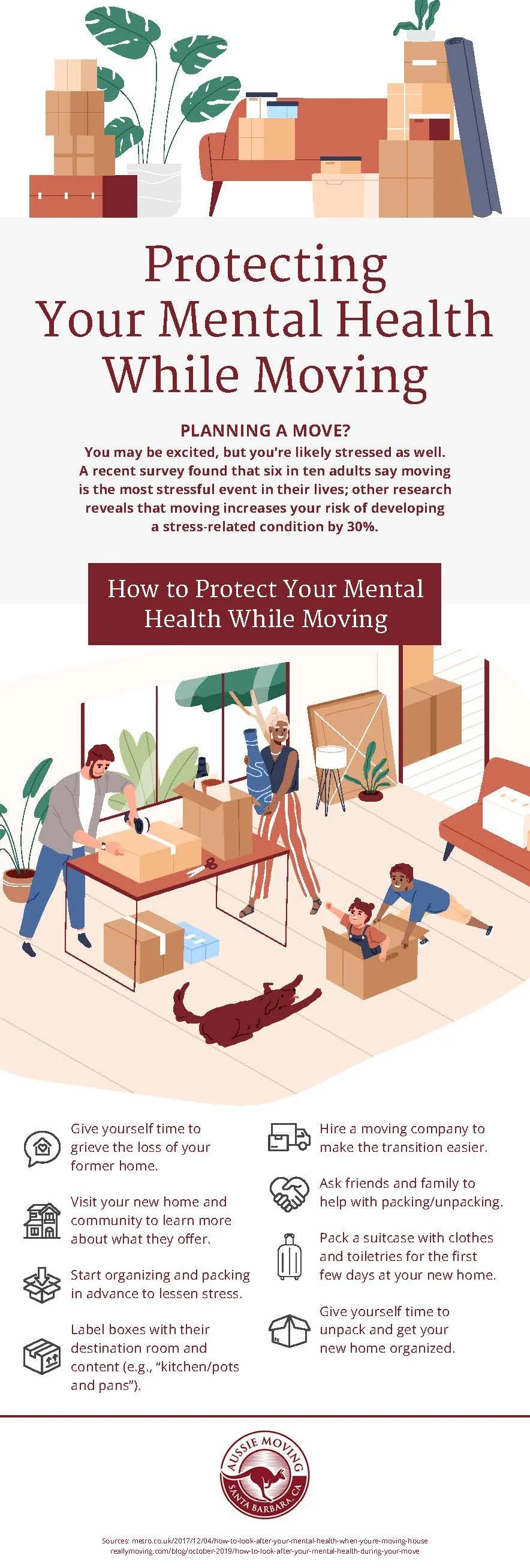Can Mold Cause You Serious Health Issues? Find Out Here
RH Business Marketing Solutions
It doesn’t matter whether it is cold, or hot outside, whether you are experiencing a damp winter, or extremely humid summer, there are many factors that can contribute to moisture inside your home and the appearance of mold.
Unfortunately, mold can be seen in many places, like clothes, walls, books, toys, and surprisingly, even CDs. It can ruin various precious items that become useless and must be thrown into the garbage.
But does it only affect things, or is our health jeopardized as well? If you’re not too sure about it, yet you want to get the answer to this question, then stay tuned because we’re about to discuss this topic below.
Is Mold A Health Hazard Or Not?
What Is Mold Really?
It can be defined as a type of fungus and there are many types of it that can be found both outdoors and indoors. Generally speaking, it produces spores, which then spread by floating in the air.
Additionally, mold spores can be seen in practically all indoor spaces, and sadly, there isn’t any way you can prevent them, since they can survive in conditions where mold cannot grow. Furthermore, mold spores love to inhabit places that are warm and moist, so as soon as they land on a damp spot, they start to grow.
On the other hand, mold can grow on various surfaces, such as paper, fabric, plastic, and glass, As it grows, it can potentially digest the material it inhabits
Mold And Various Health Problems
There are several health issues that can be caused by mold. One of the most frequent questions when it comes to this is, can mold cause headaches and the answer to it is, unfortunately, yes. Headaches are actually quite common in people who have been exposed to toxic molds, like black mold or stachybotrys chartarum.
Why does it cause headaches? The main reason this happens is due to the fact that mold spores can negatively affect the respiratory system and cause numerous issues with the immune system, which can aggravate the issues with the sinuses.
And it is widely known how serious and painful headaches can be in people who are having problems with sinuses. In some severe cases, the pain can be so intense that people may feel like something or someone is trying to push their eyes out of their sockets.
Issues With Breathing
As mold grows, cells, spores, unstable organic compounds, and fragments are in the air and once this occurs, they will start developing allergens, mycotoxins, and irritants. Some of these things can be extremely toxic, particularly to people who are too sensitive to them.
Additionally, dampness stimulates materials to shatter, increasing the amount of dust and particles in the air. All these particles can negatively affect the nose, throat, and lungs, especially in patients who are suffering from a chronic lung condition, asthma, or any other breathing issues.
Adding More Informative Details Below
Allergies
An individual who is sensitive to any mold-related particles may experience allergies after mold exposure. Generally speaking, people who are having mold allergies, will most likely have similar symptoms to other more common types of allergies, like, seasonal allergy or hay fever. So what are the most common symptoms of mold allergy?
Runny or blocked nose
An itchy throat
An itchy nose
Watery eyes
Frequent sneezing
It's worth mentioning that people who are having asthma, or mold allergies are having higher chances of having an asthma attack whenever the mold is present.
Other Health-Related Conditions Caused By Mold
Mold can also encourage the production of bacteria and microbes. These bacteria can trigger an inflammatory response in anyone who has been exposed to them, according to the World Health Organization.
Furthermore, the World Health Organization has also stated that both the mold and the microbial agents it makes can increase the risk of fungal and bronchial infections. Potentially, it may cause:
Bronchitis
Hypersensitivity pneumonitis
Allergic alveolitis
Allergic fungal sinusitis
Chronic rhinosinusitis
Lower respiratory tract issues in kids that were previously healthy
Furthermore, World Health Organization, along with the Centers for Disease Control and Prevention have added that certain individuals have experienced these symptoms after being in a place where mold is present:
Fever
Fatigue
Eye and skin irritation
Wheezing
Nausea
Insomnia
Headache
Sick-building syndrome
Mucous membrane irritation
Unfortunately, based on the facts that were written here, it’s safe to say that exposure to mold can pose certain health risks. That’s precisely why, if you notice it, do everything you can to eliminate it.















